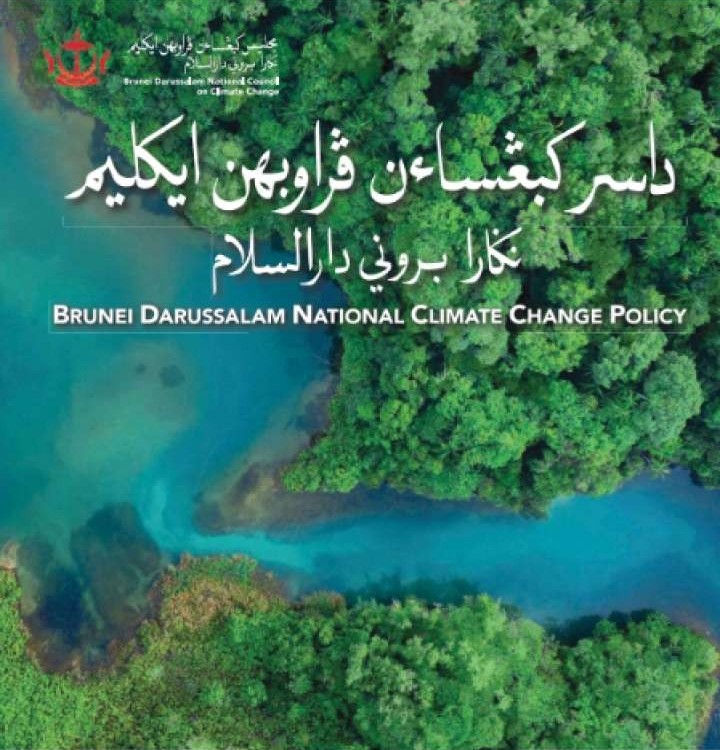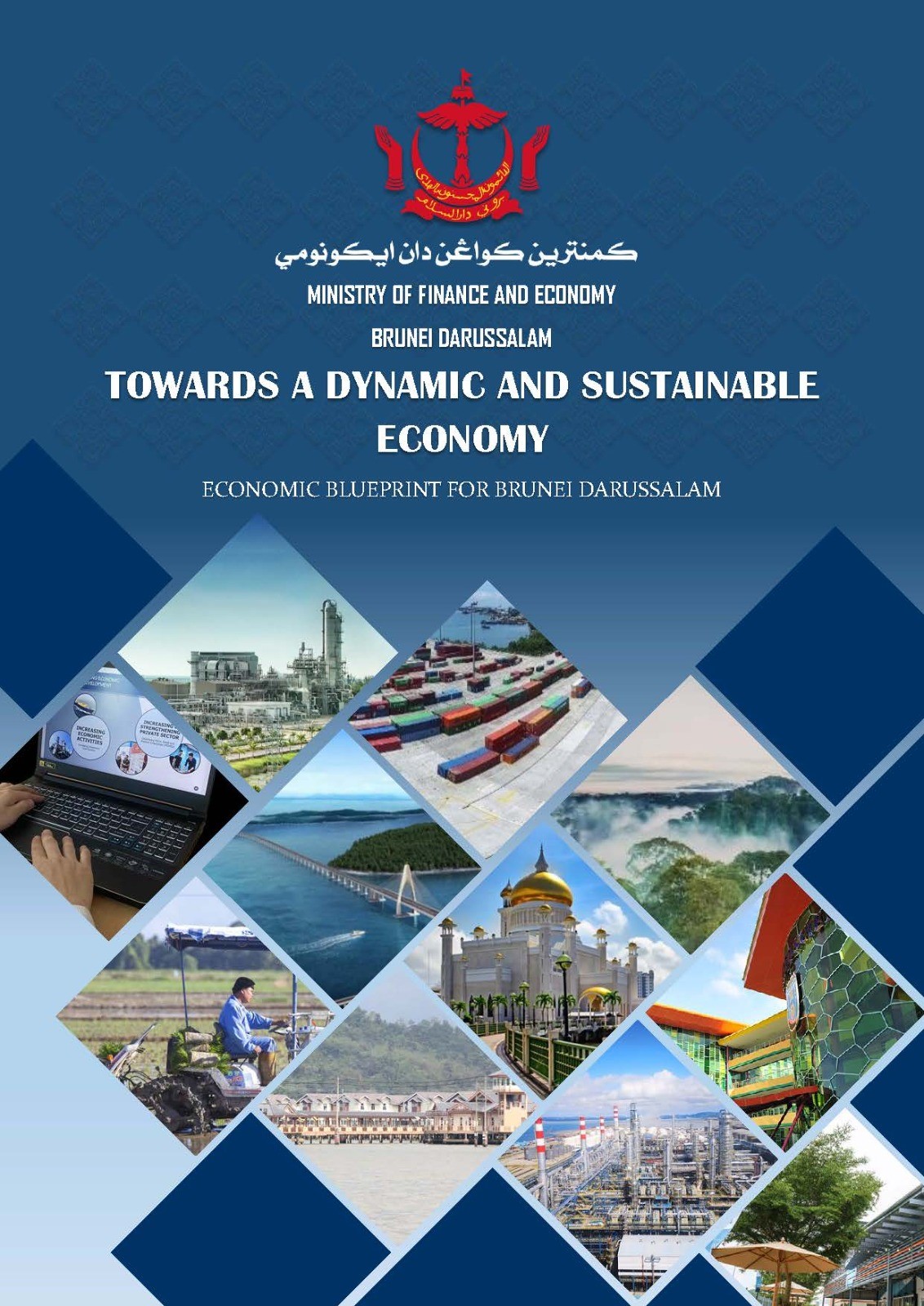Sustainable Finance
Recognising the critical role of sustainable finance in supporting the country's national sustainability agenda, BDCB is committed to fostering a financial ecosystem that integrates environmental, social, and governance (ESG) considerations.
As part of this effort, the Brunei Darussalam Sustainable Finance Roadmap (SFR) has been introduced to guide the financial sector in adopting sustainable finance practices and supporting the transition towards a low-carbon, climate-resilient economy.
What is Sustainable Finance?
For the purpose of the SFR, the concept of sustainable finance refers to the following:
"Sustainable finance refers to a practice that incorporates or integrates ESG factors into financial models and decision-making processes, with the aim to promote sustainable economic growth and development, whilst ensuring long-term social well-being of society and biodiversity in the transition towards a sustainable future."
Click here for the full Brunei Darussalam Sustainable Finance Roadmap. You can also download the PDF version here.
The SFR is guided by the following:
Objective 1:
To support Brunei Darussalam's sustainability agenda set out in three key policy documents:

The BNCCP outlines the national strategies "towards a low carbon and climate-resilient Brunei Darussalam." It outlines the principles, values, and strategies aimed at promoting economic security and long-term prosperity through a low-carbon approach, while supporting environmental sustainability and economic diversification.

The Economic Blueprint articulates the aspirations under Goal 3 of Wawasan Brunei 2035 - developing a dynamic and sustainable economy. These aspirations include:
- Aspiration 4 - Sustainable Environment: Promoting research, development and innovation of environmentally-friendly and resource-efficient technologies.
- Aspiration 4 - Sustainable Environment: Promoting and investing in environmentally-friendly and sustainable industries
- Aspiration 6 - Good Governance and Public Service Excellence: Enhancing good governance in the public and private sectors through strengthened transparency, accountability and adherence to the law.

The FSBP envisions a dynamic and diversified financial sector through:
- Pillar I: Monetary and Financial Stability
- Pillar II: Competitive and Innovative Financial Institutions
Objective 2:
To support and enhance financial sector initiatives in addressing sustainability-related risks.
Overview of the Brunei Darussalam Sustainable Finance Roadmap

Vision
A sustainable and climate-resilient financial sector

Purpose
To set forth strategic directions to drive the adoption and integration of sustainable finance by the financial sector

Time Horizon
6 years (2025-2030)
Goals
Increase readiness in managing impacts of sustainability-related risks on financial stability
Facilitate the development of sustainable financial products and services
Enhance the adoption of sustainable practices in financial institutions' business models and strategies
Pillars
Pillar I: Establish a Robust Sustainability Risk Management Framework

Pillar II: Develop Innovative and Sustainable Financial Products and Services

Pillar III: Enhance International Cooperation

Pillar IV: Strengthen Knowledge, Skills and Talent Development
